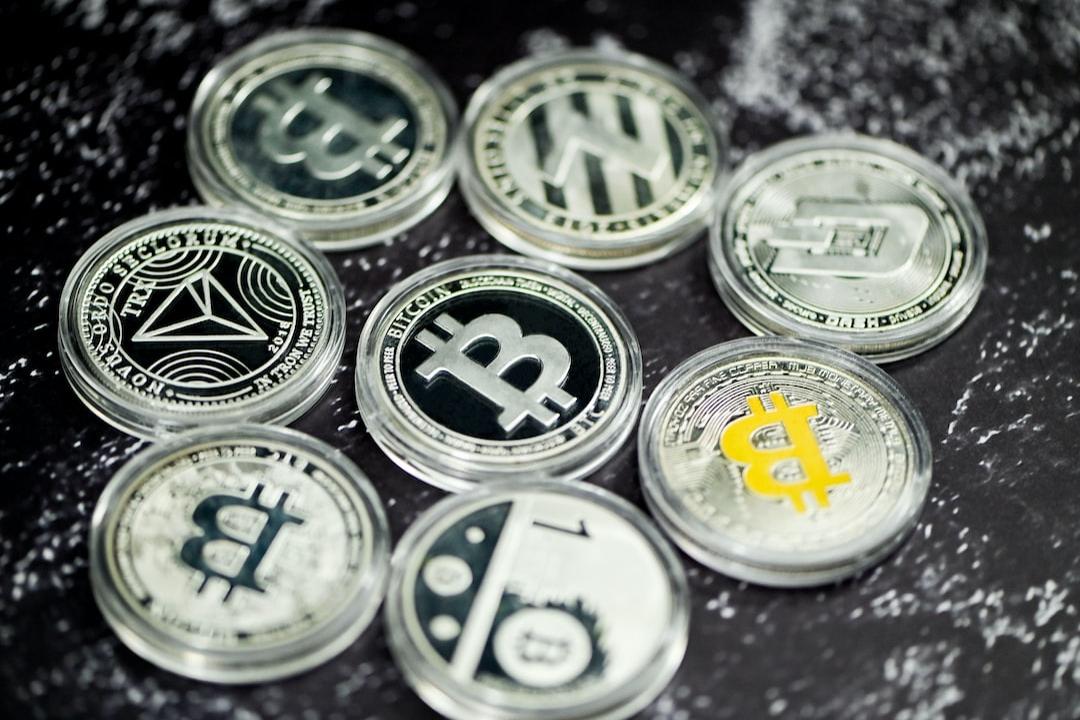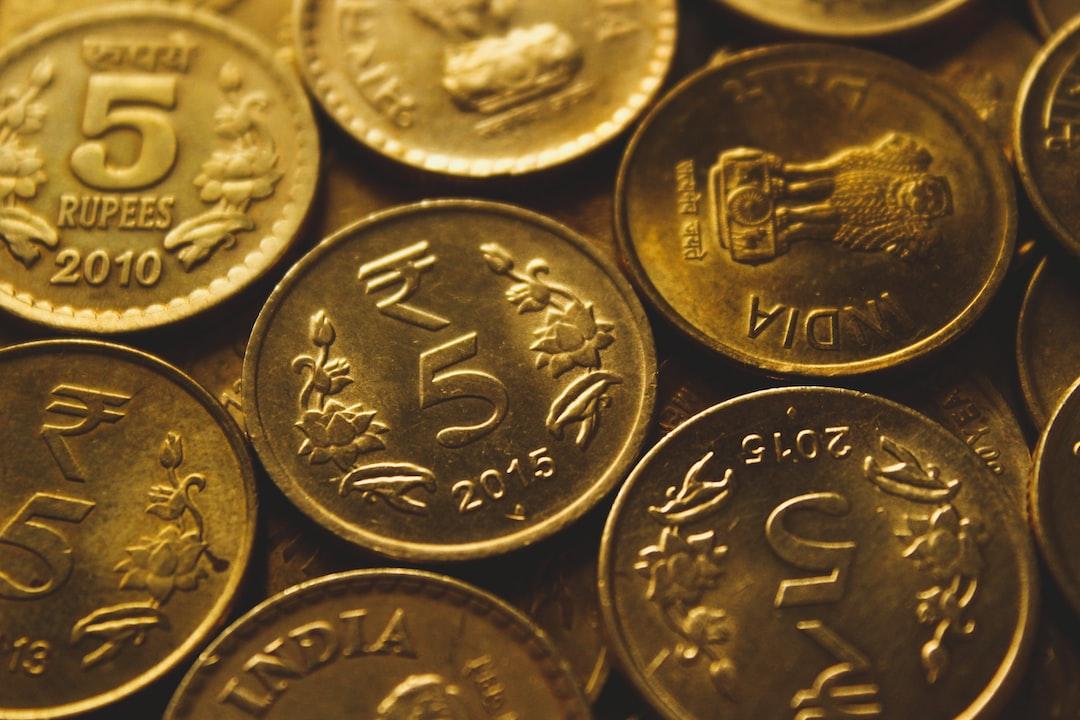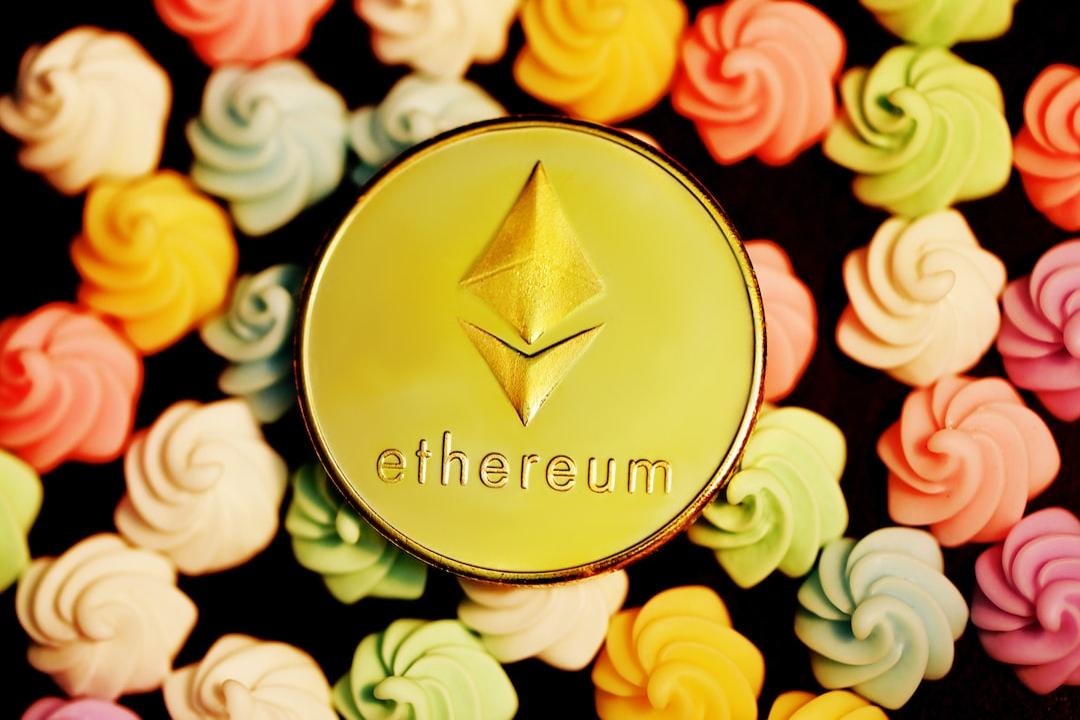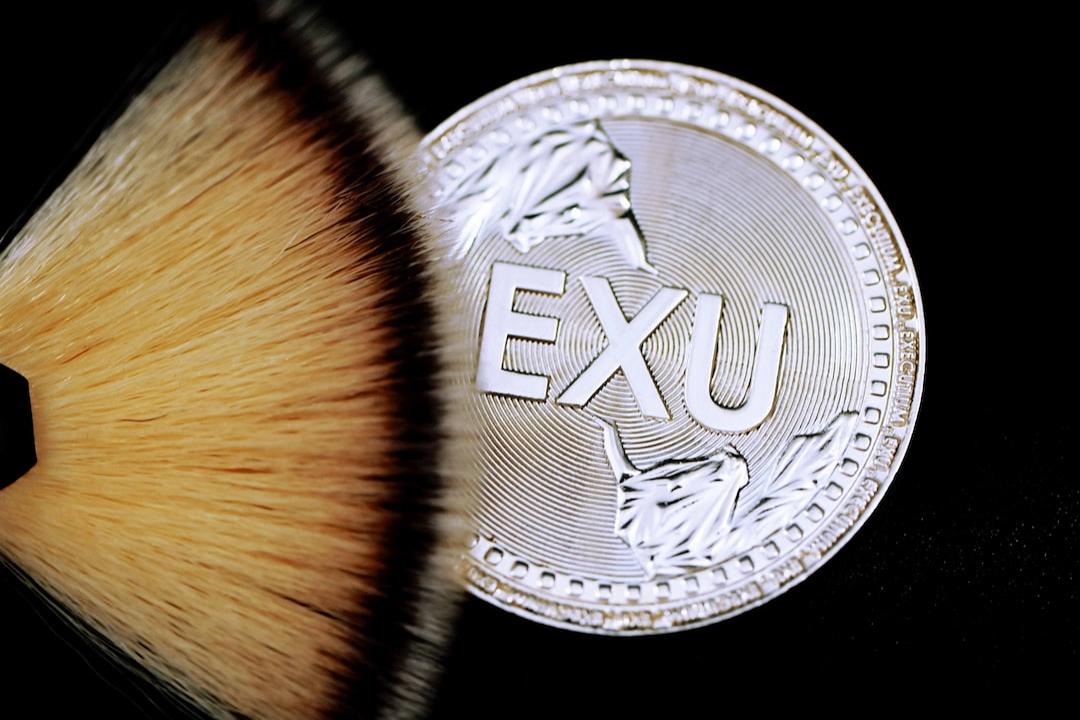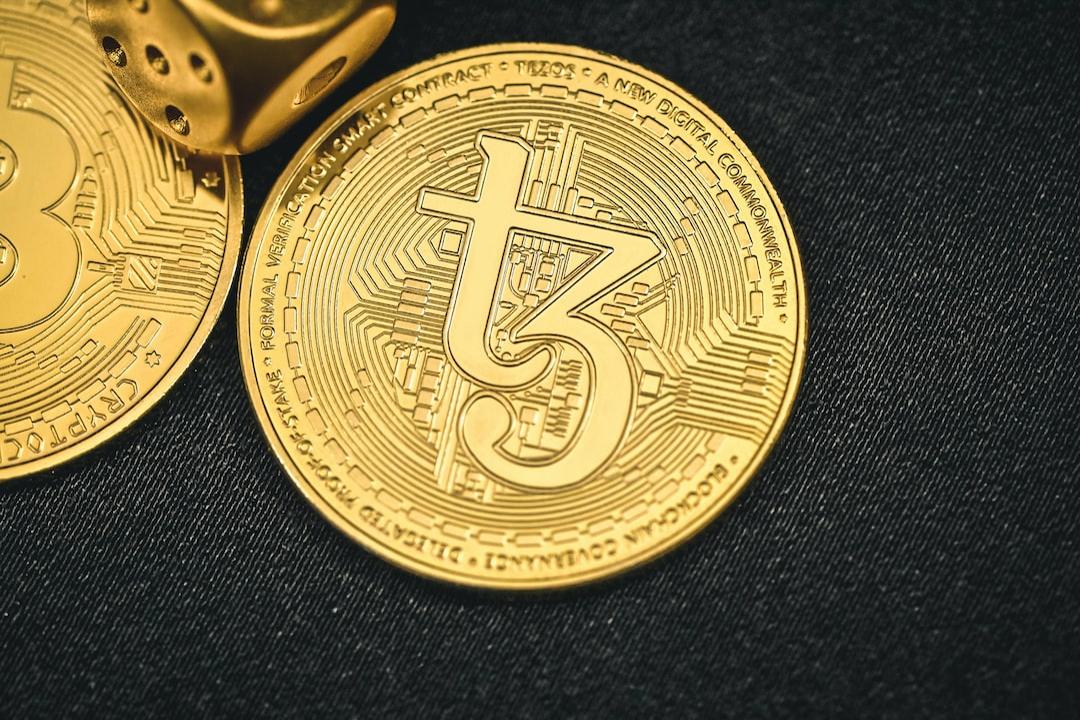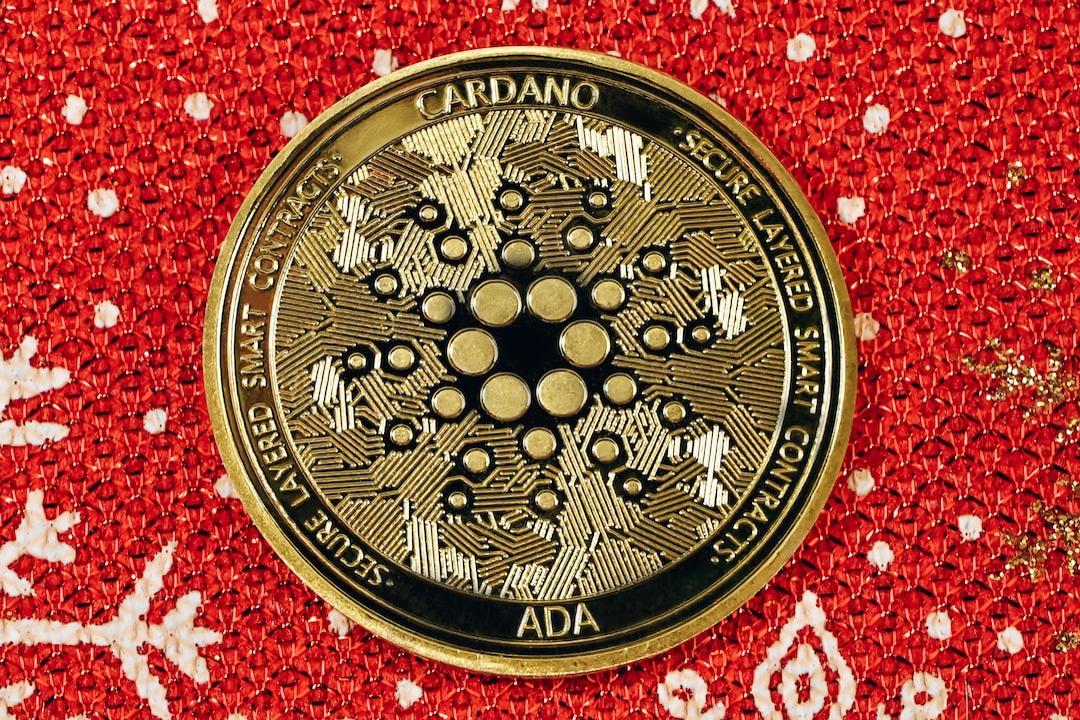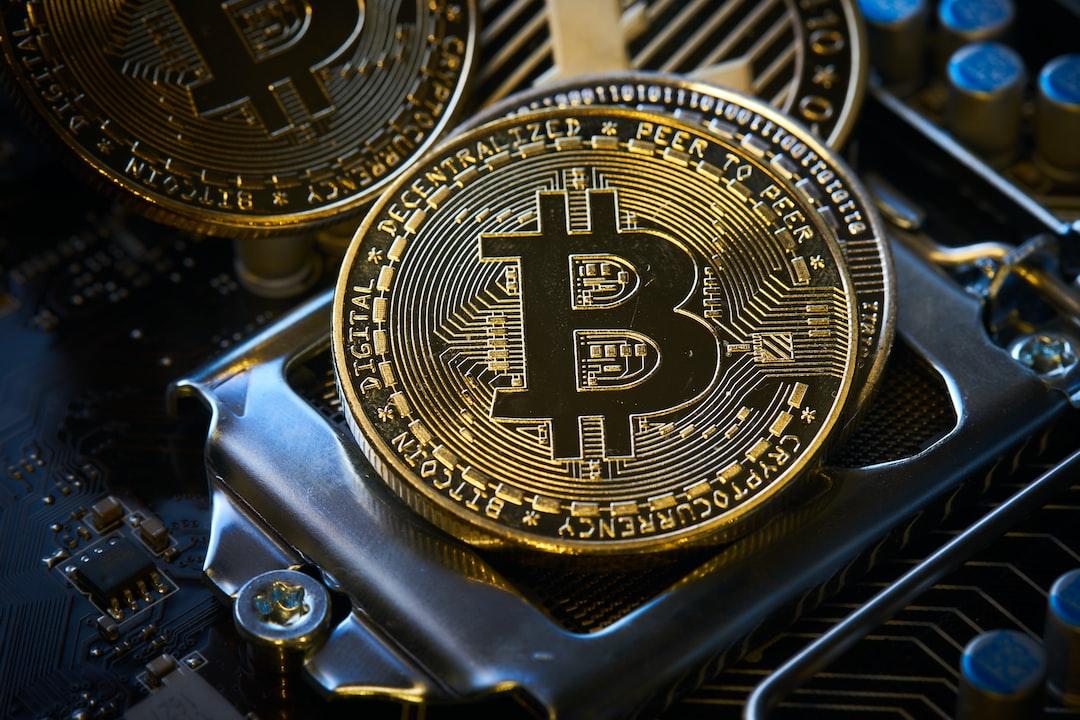
Opinion Examining the Ethical Aspect of Decentralized Systems
The metaphysics surrounding money are intriguing to ponder. While some claim that money is the root of all evil, it is also the foundation of human specialization. If money is considered evil, then so is specialization. However, we do not hold that viewpoint. Nevertheless, it is worth noting that bad money can enable bad individuals to carry out terrible actions.
Specialization and social power are the two key aspects of money that are relevant to this concept. Decentralized currencies support specialization while potentially limiting social power. In essence, a decentralized form of money without a central issuing authority paves the way for a new future for humanity.
This new path of social development holds great promise for humanity. However, without a roadmap and an understanding of why a new direction is necessary, we may fail to recognize the nature of modern evolution.
The connection between gold and god is intriguing. Both concepts, although archaic, were fundamental to human society in the past. Simple symbols like the cross played a significant role in shaping entire societies.
In the past, gold unquestionably held value and served as a form of money. Similarly, god provided spiritual guidance and meaning. However, today, neither holds true. We live in a state of discord, and what is even more concerning is that many perceive our way of life as natural, when in fact, it is not.
For the first time since central banks replaced physical assets with paper money, people worldwide are once again recognizing the value of an asset. It could be argued that this asset is Bitcoin, but it extends beyond just BTC.
Whether consciously or not, millions of people worldwide are expressing their desire for a decentralized future and acknowledging that digital assets can compete with the flawed centralized system that currently dominates society.
Karl Marx’s ideas are often misunderstood. While they may hold little value in today’s world, they were significant when they were written. Marx’s work served as a lengthy protest against unchecked capitalism and the associated problems.
During Marx’s time, factories were operated by young children, highlighting the issues with capitalism in the mid-19th century. However, totalitarian thought opposes markets, which actually create value and allow people to organize without government intervention.
The power of markets is evident when we compare Mao Zedong’s rule to Deng Xiaoping’s. Xiaoping, a revolutionary communist, betrayed Marx and adopted capitalism, resulting in China becoming the world’s largest economy and leading producer of consumer goods. Markets work, sorry Karl.
Now, let’s delve into the ethical aspect. Markets are preferable to totalitarian control because they empower individuals. Markets enable people to organize in ways they choose, with the government ensuring that no one exploits child labor or engages in unethical practices.
Unfortunately, we have forgotten and disregarded much of the human condition. The idea of humility, recognizing the limits of our knowledge, is foreign to the modern mind. This narcissistic mindset has led to global hatred. With the social power held by centralized governance systems, the potential for horror is staggering.
Decentralized systems offer a solution or, at the very least, provide alternative options for organizing outside of the current system. Crypto ETFs are already making a significant impact on financial markets, attracting growing investor interest in this radical new asset class. We now wonder if they will also play a dual role in global financial markets.
While BTC can never be compromised to the point of rendering it useless as a decentralized settlement tool, the major cryptocurrencies no longer have exclusive rights to decentralized payments. Any token can be used for payments as long as the blockchain is affordable to use. The true power of cryptocurrencies lies in decentralized decision-making and the economic systems they can create.
However, it is important to note that better money alone cannot solve the world’s problems. At best, decentralized systems allow us to self-organize in ways previously unimaginable in human history. Gold and god were just the starting point, and now we must confront the problems that arise from blindly following centralized authorities.
Cryptocurrencies are a superior tool for human development compared to fiat currency, but they are not without their flaws. We still need to understand how we use our time and the value we create. If we utilize cryptocurrencies correctly, they can act as a check on power.
While this does not necessarily have to take the form of a religion, it is crucial for the progress of the human race on this planet that we share a set of morals.



